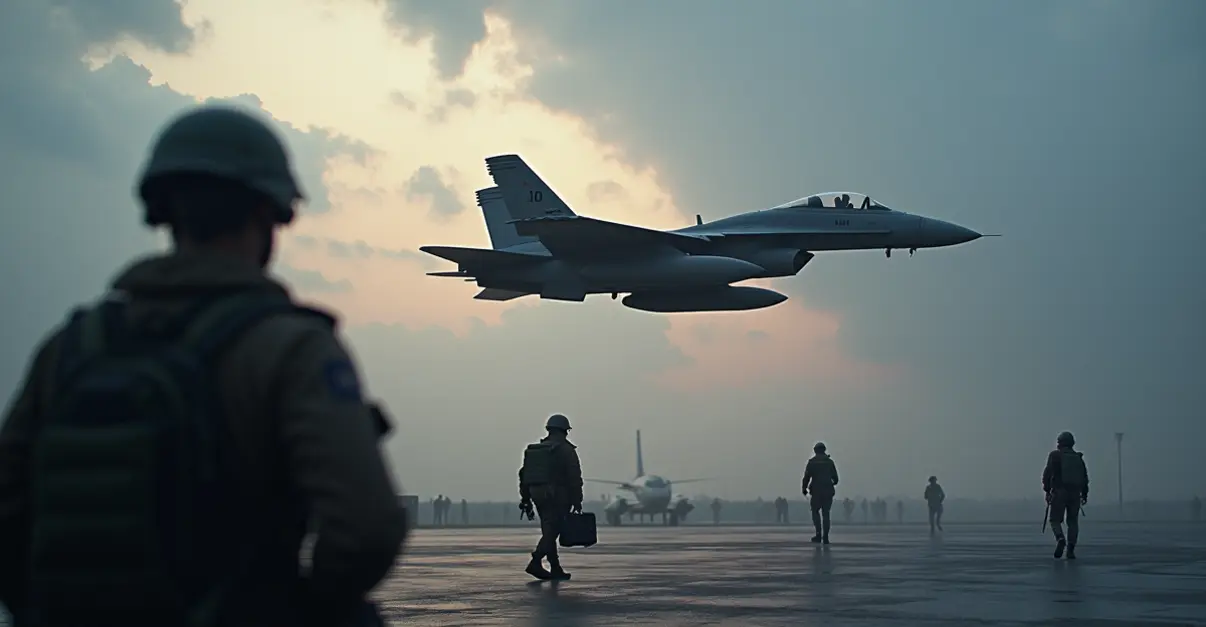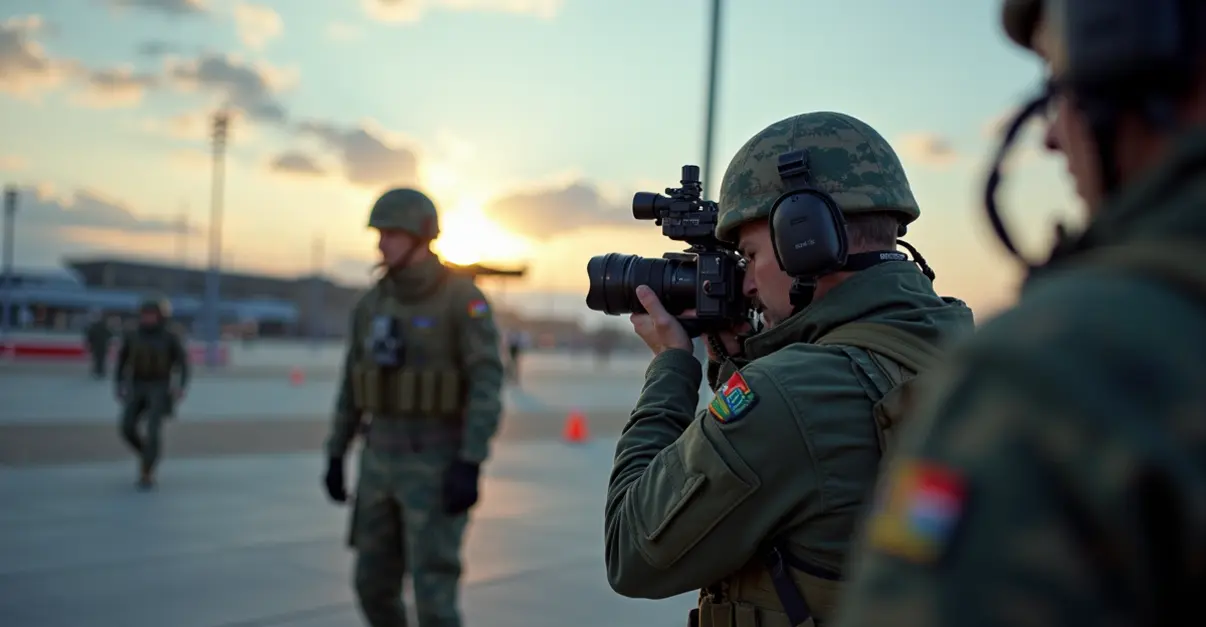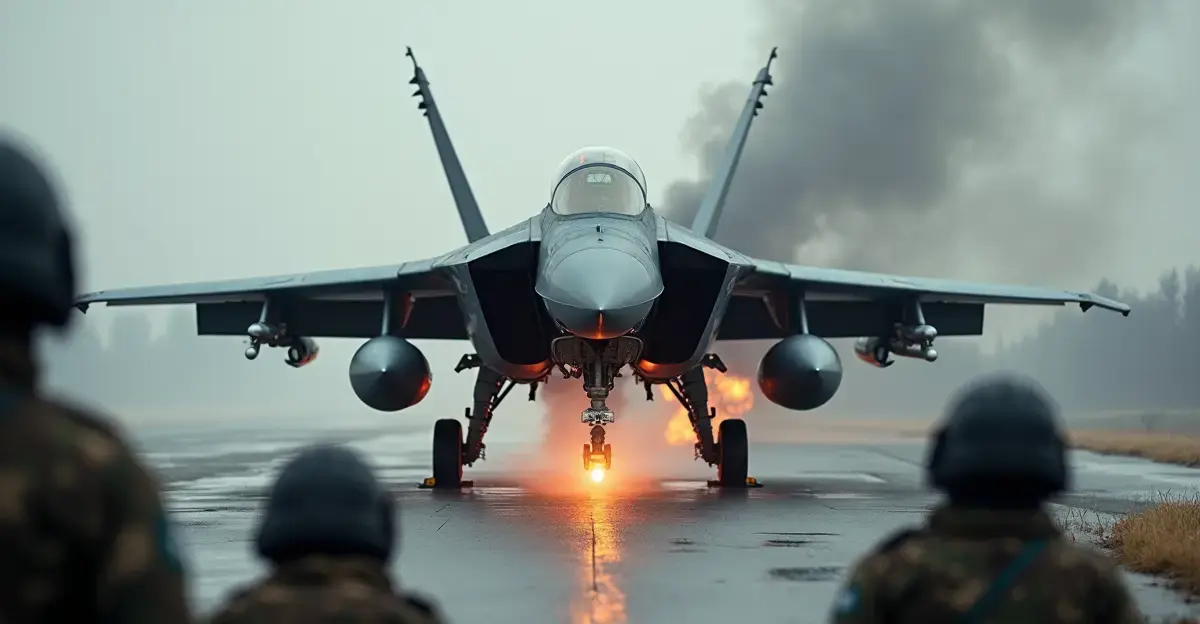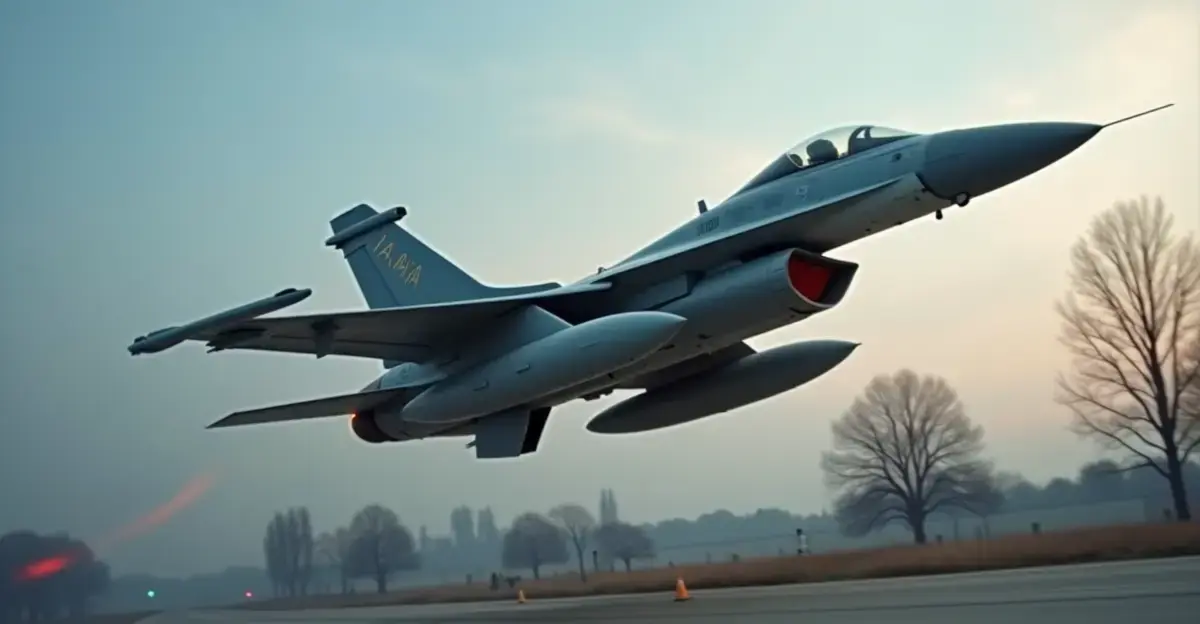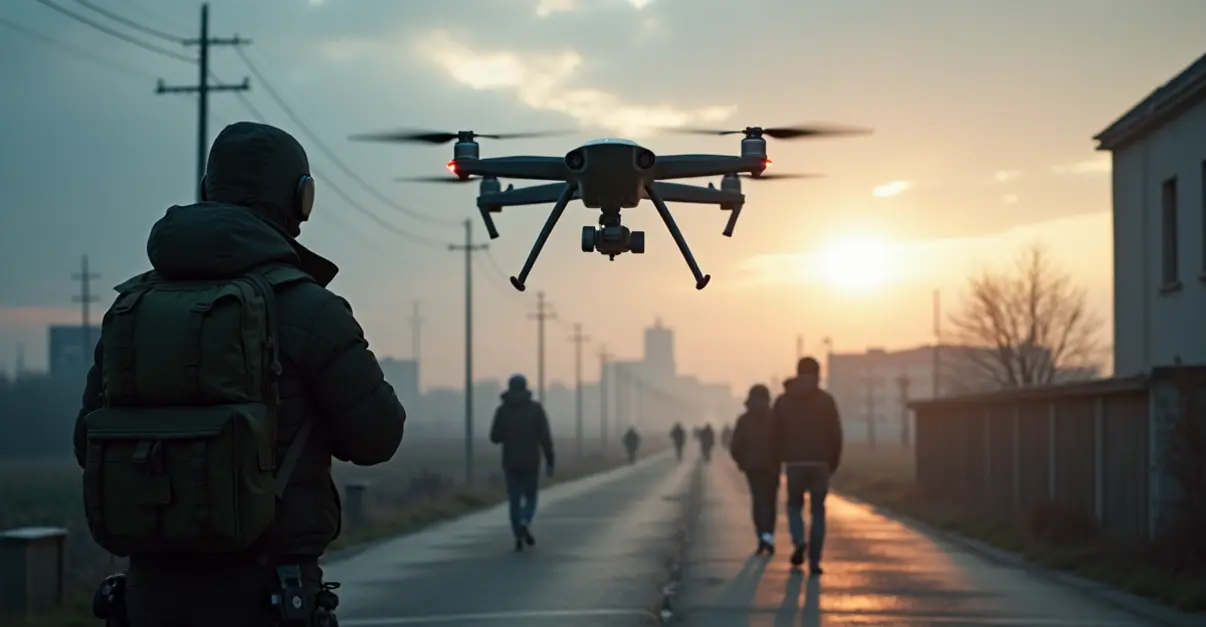NATO Faces Internal Divisions Over Russian Airspace Violations
NATO allies are convening for an emergency meeting on Tuesday, marking the second such gathering in less than two weeks after Russian military aircraft violated the airspace of Estonia on Friday. This follows Poland's request for an emergency session just days earlier when nineteen Russian drones penetrated Polish airspace, raising serious security concerns among Eastern European members.
Growing Tensions at NATO's Eastern Flank
NATO Secretary General Mark Rutte and U.S. military leadership have praised the alliance's rapid response and determination in addressing these incidents. A new operation, 'Eastern Sentinel,' was quickly established to deter further Russian aggression. However, behind the scenes, sources reveal significant fractures in NATO's political unity that could undermine the alliance's effectiveness.
"There is division over how we should respond," multiple sources within NATO told reporters, speaking on condition of anonymity due to the sensitivity of the discussions.
Differing Threat Perceptions Among Allies
The Baltic States and Poland, which share borders with Russia, experience the threat daily, while countries like Spain and Greece view the situation as distant. The situation is further complicated by pro-Russian leadership in Hungary and Slovakia, creating exactly the political fragmentation that Moscow seeks to exploit.
"This is precisely what Putin is aiming for," one insider familiar with the discussions between allies revealed. "If he can politically split the alliance, he has achieved his goal. I'm holding my breath."
Debate Over Response Measures
The alliance remains divided on whether Russia intentionally sent drones into NATO airspace or if these were accidental incursions. Poland has suggested shooting down Russian drones over Ukraine before they enter NATO territory, a proposal that most allies consider too escalatory. Both the outgoing Dutch government and parliament fear such actions could lead to dangerous escalation.
Notably, the NATO Council of Ambassadors has not issued a written statement with strong condemnation—an unusual departure from standard procedure that indicates disagreement among member states about the appropriate response.
Trump Presidency Adds Complexity
With Donald Trump in the White House, European allies can no longer take American support for granted. Secretary General Rutte must work diligently to maintain U.S. commitment to the alliance. "The Russians are testing Trump's dedication to NATO and want to know if he will truly support other allies when it matters," sources within the organization stated.
While Trump has publicly stated his support for NATO, and Ukraine continues to receive American intelligence and weapons funded by allies, concerns remain about the long-term stability of transatlantic cooperation.
According to NATO's founding treaty, Article 5 requires members to come to each other's defense if attacked. All involved fear that President Putin feels encouraged to push boundaries while remaining just below the threshold that would trigger collective defense.

 Nederlands
Nederlands
 English
English
 Deutsch
Deutsch
 Français
Français
 Español
Español
 Português
Português
